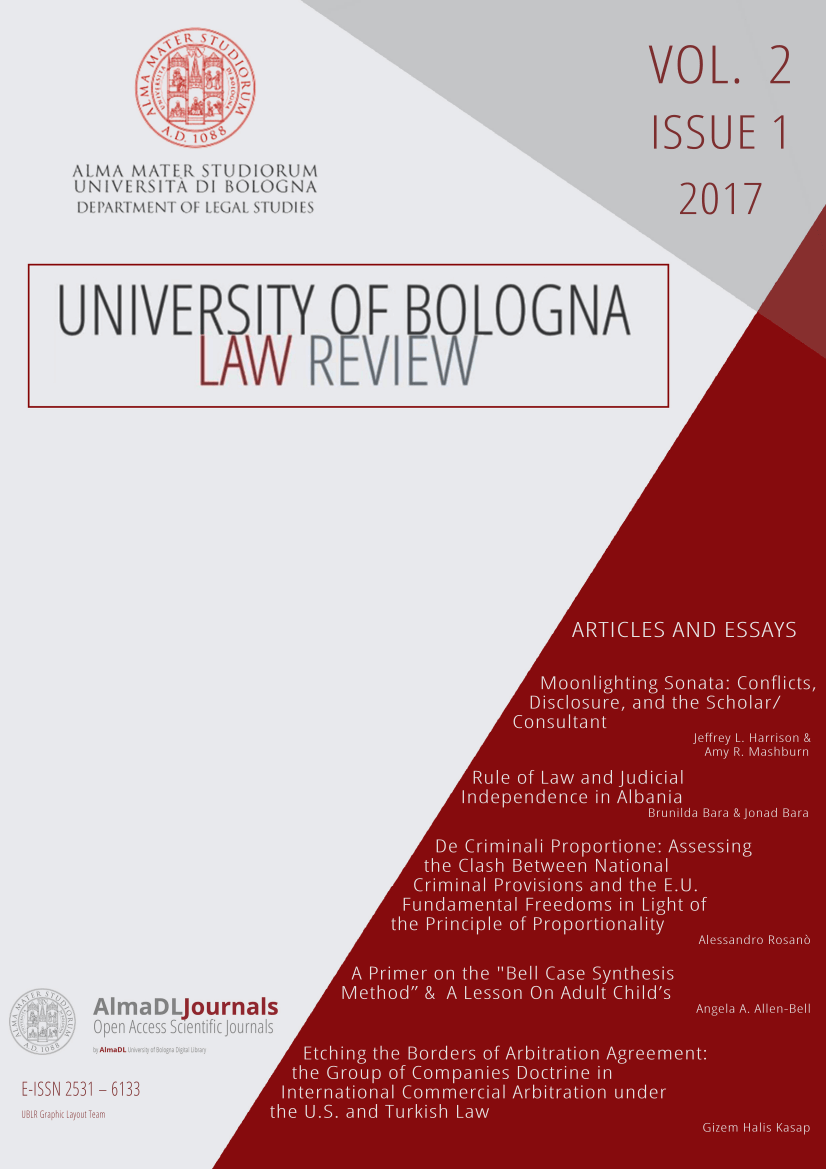Etching the Borders of Arbitration Agreement: the Group of Companies Doctrine in International Commercial Arbitration under the U.S. and Turkish Law
DOI:
https://doi.org/10.6092/issn.2531-6133/7258Keywords:
Arbitration Agreements, Doctrine of Privity, Non-Signatory Parties, Group of Companies DoctrineAbstract
In the 21st Century, the commerce is not confined to the boundaries of any single-nation state. Hence, we have been witness to the transactions and disputes involving multiple parties and legal systems. Assuming that you are an in-house counsel in an MNE. Do you ever wonder whether the parent or sister companies' counsel or the opposing counsel may make contact with you about the arbitral proceedings that your client has never agreed on in the first place? Is it possible whether the non-signatory parties are bound by or benefit from the arbitration agreement, and what could be the possible legal grounds given the doctrine of privity of contract? This article discusses one of these grounds, the group of companies doctrine, in the context of Turkish and US legal systems comparatively and explores its applicability in light of precedents.Downloads
Download data is not yet available.
Downloads
Published
2017-09-29
How to Cite
Kasap, G. H. (2017). Etching the Borders of Arbitration Agreement: the Group of Companies Doctrine in International Commercial Arbitration under the U.S. and Turkish Law. University of Bologna Law Review, 2(1), 87–113. https://doi.org/10.6092/issn.2531-6133/7258
Issue
Section
Articles & Essays
License
Copyright (c) 2017 Gizem Halis Kasap
The copyright of all the manuscripts on this journal belongs to the respective authors.
This journal is licensed under a Creative Commons Attribution 4.0 International License (full legal code).
See also our Open Access Policy.












